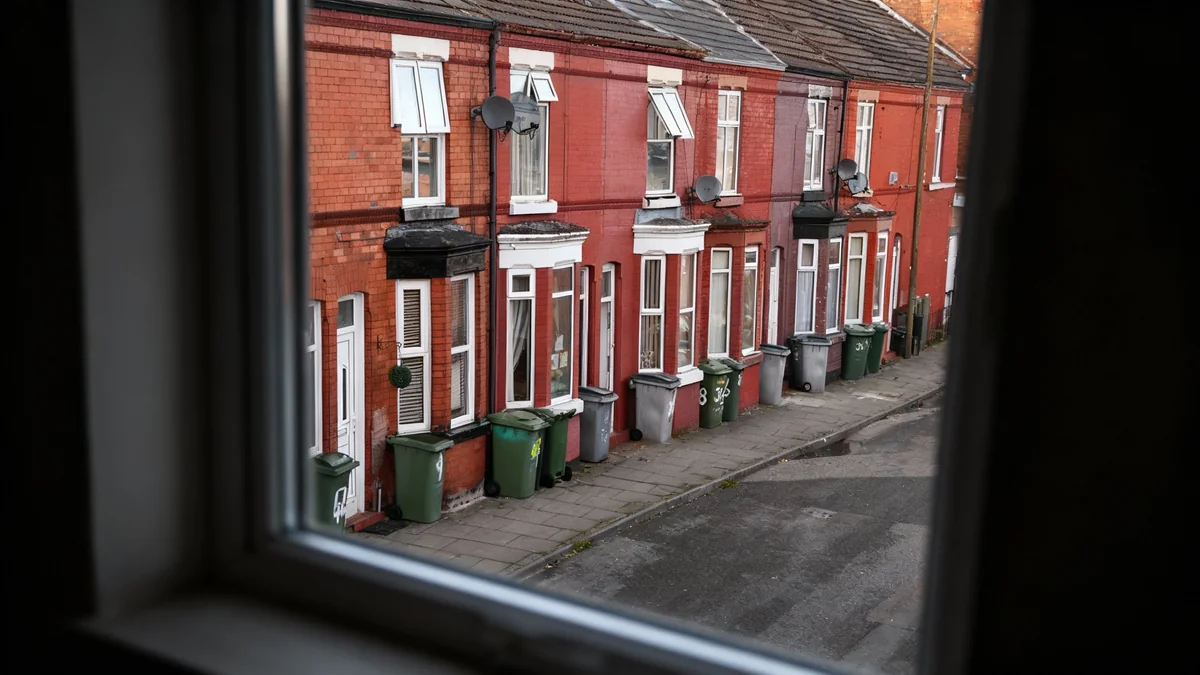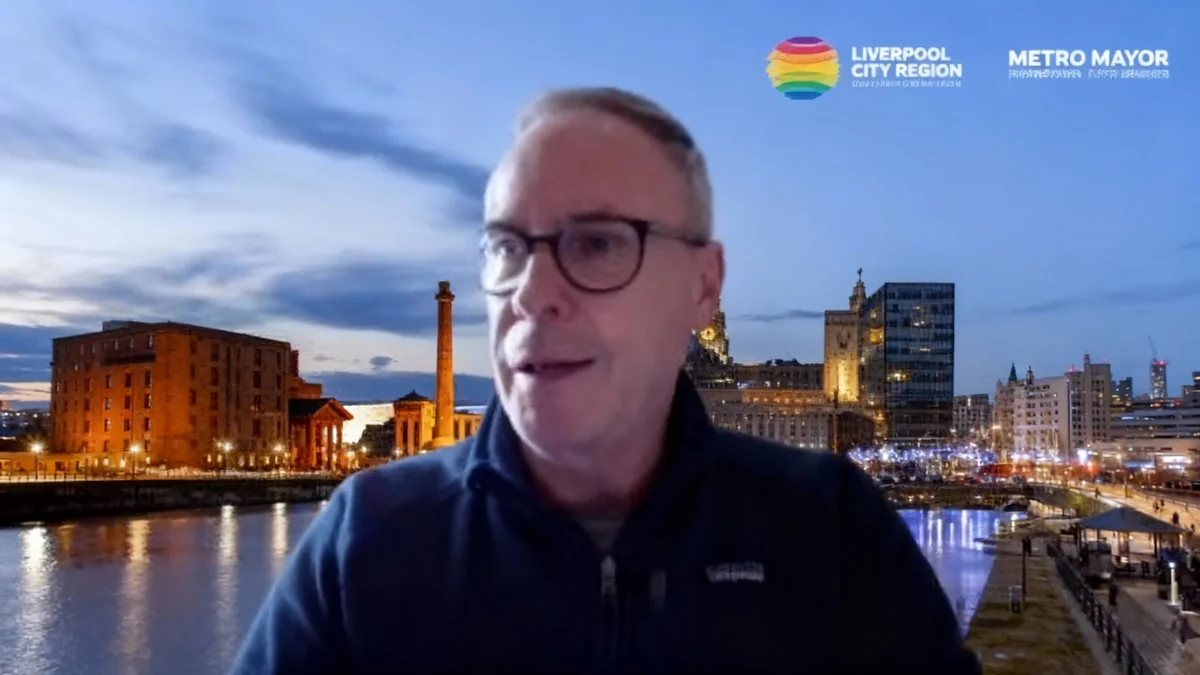Liverpool recently hosted 14 UK councils in a key United Nations Accelerator City (UNAC) workshop. The event focused on reducing carbon emissions in live music, film, and television productions. This workshop allowed Liverpool to share its progress in the sector and learn from other cities' experiences.
Key Takeaways
- Liverpool, as the world's first UN Accelerator City, shared its research on decarbonizing cultural sectors.
- The workshop brought together 14 UK councils to collaborate on low-carbon strategies for live music, film, and TV.
- Key themes included governance, sustainable transport, low-carbon power, and skills development.
- Bristol and Manchester City Councils presented innovative initiatives, such as sustainable event planning and modular power infrastructure.
- The collaboration aims to transform insights into actionable frameworks for a net-zero cultural future across the UK.
Liverpool's Role as a UN Accelerator City
Liverpool earned the title of the world's first UN Accelerator City last year. Since then, the city has dedicated nine months to researching, testing, and experimenting with ways to transition its cultural sector to a net-zero future. This work is part of the UN's Entertainment and Culture for Climate Action program.
The city's efforts focus on practical solutions. These include integrated ticketing systems for public transport and updated land-use agreements for events. They also involve implementing net-zero gigs at major venues like the M&S Bank Arena.
Fact: First of Its Kind
Liverpool was designated the world's first UN Accelerator City in 2023. This designation highlights its commitment to pioneering sustainable practices in the cultural and creative industries.
Collaborative Workshop for Decarbonization
Liverpool City Council, in partnership with the Tyndall Centre for Climate Change Research, organized the online workshop. The event brought together officers from local authorities and cultural development teams across the UK. The goal was to explore and share low-carbon solutions.
Attendees included representatives from Bristol, Manchester, Leicester, Crawley, Haverhill, Brighton & Hove, Glasgow, London Borough of Waltham Forest, Calderdale, Bath & North East Somerset, Cardiff, Belfast, Newport, and Knowsley councils. Liverpool John Moores University (LJMU) also participated.
"Since being named the world’s first UN Accelerator City, we’ve collaborated across the cultural sector to trial integrated ticketing, updated land-use agreements, and net-zero gigs at M&S Bank Arena," said Cllr Liam Robinson, Leader of Liverpool City Council. "Now we’re sharing those insights so other cities can overcome hurdles and scale up low-carbon live music, film and TV production."
Sharing Pioneering Strategies
The workshop provided a platform to share pioneering strategies. Liverpool City Council showcased its insights gained from the UNAC program. This offered valuable guidance and support for other councils working on similar low-carbon culture initiatives.
Other local authority officers also shared their experiences. They discussed both successes and challenges in designing and supporting transformative cultural events in their areas. This direct exchange of information is crucial for widespread adoption of sustainable practices.
Background: The Tyndall Centre
The Tyndall Centre for Climate Change Research is a leading UK research organization. It brings together scientists, economists, engineers, and social scientists to conduct interdisciplinary research on climate change. Their collaboration with Liverpool City Council underscores the scientific rigor behind the city's green initiatives.
Key Themes and Innovations Presented
The workshop focused on several critical themes essential for decarbonizing the cultural sector:
- Governance and Resources: This theme explored how to navigate land-use agreements effectively. It also focused on enhancing coordination between different city departments to support green initiatives.
- Sustainable Transport: Discussions included integrating public transport solutions. One example is the development of gig-ticket schemes that encourage attendees to use public transport.
- Low-Carbon Power: The deployment of feeder pillars was a key topic. These provide modular, low-carbon power infrastructure for temporary venues, significantly reducing production emissions.
- Knowledge and Skills: This theme highlighted the importance of developing internal training programs. It also covered aligning local efforts with National Operational Standards for sustainability.
Examples from Other Cities
Two leading city councils highlighted their innovative initiatives:
- Bristol City Council: Bristol presented its focus on sustainable event planning. They also detailed their strategies for engaging stakeholders in environmental efforts.
- Manchester City Council: Manchester showcased its feeder pillars scheme. This provides modular, low-carbon power infrastructure for temporary venues. This innovation helps to reduce the carbon footprint of large events significantly.
These examples demonstrate practical steps cities are taking to make cultural events more environmentally friendly. They offer blueprints for other local authorities to follow.
Future Collaboration and Impact
The UNAC program and the participating cities will now work together. The goal is to transform these shared insights into actionable frameworks. This collaboration aims to drive the UK's cultural sector towards a net-zero future.
Liverpool's leadership in this area is significant. According to Cllr Liam Robinson, "Liverpool has always led culturally, and through this programme we’re shaping a net zero future for the creative industries." This statement underscores the city's ambition to set a national standard for sustainable cultural production.
The initiative emphasizes the importance of a collective approach. By sharing knowledge and best practices, UK cities can accelerate their transition to a more sustainable and environmentally responsible cultural sector. This will benefit both the environment and the long-term viability of cultural events.





